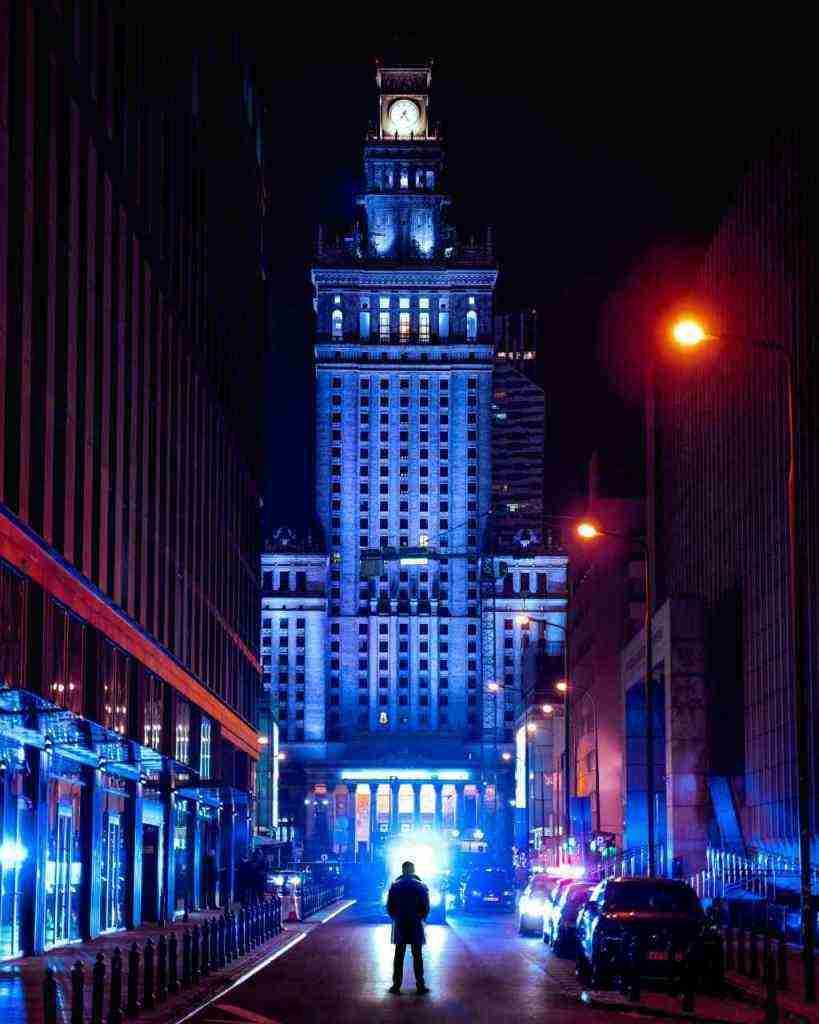Analyzing Trump’s 2024 Speech: A Literary Critic’s Perspective
The air hung thick with anticipation, a strange mix of sweat, hairspray, and nervous energy that could only mean one thing: Trump was back in Trump Tower. It’s 2024, and the man himself, Donald J. Trump, former president and now convicted felon, had just wrapped a thirty-three-minute speech that echoed through the gilded halls and out into a world holding its breath.
Let’s be real, folks, this ain’t your grandma’s political analysis. This is uncharted territory, a plot twist even the most imaginative screenwriter couldn’t have dreamed up. A convicted criminal on the cusp of a third consecutive presidential nomination? It’s enough to make you spit out your coffee, and believe me, this writer has spilled her fair share. This situation, my friends, demands a different lens, one that goes beyond the usual partisan squabbles and Twitter wars. This, my friends, is where literary criticism steps in, ready to dissect the language, the delivery, the je ne sais quoi of it all.
So, the big question looms large: Did Trump’s rhetoric, that verbal cocktail of bombast and bravado, rise to the occasion of this bizarre, historical moment? Buckle up, buttercup, because we’re about to dive deep.
Examining the Occasion
Picture this: a former president, one teetering on the precipice of either a stunning comeback or a Shakespearean downfall, stands before a nation more divided than a New York pizza. He carries the weight of a criminal conviction, a stain on his legacy that no amount of bronzer can hide. This, my dear readers, is not just another Tuesday.
The situation screamed for…something. But what, exactly? Did the moment demand gravitas, a somber recognition of the historical stakes? Perhaps a dash of transcendence, a call for unity in the face of adversity? Or maybe, just maybe, it craved defiance, a middle finger to the establishment that had tried to bring him down?
History, that fickle mistress, offered a chorus of voices from beyond the grave. Would Trump channel the soaring rhetoric of Lincoln, the folksy charm of Reagan, or perhaps the fiery defiance of a certain someone who shall remain nameless (but rhymes with Schmnixon)? The stage was set, the audience on the edge of their seats. The question was, would Trump deliver?
Analyzing Trump’s Rhetorical Approach
Let’s be honest, folks, we all expected a Trump speech to be…well, Trumpian. A verbal Jackson Pollock, all over the place, yet strangely captivating. But this time, something was different. Gone were the wild gesticulations, the off-script ramblings, the crowd-surfing on a wave of “Make America Great Again” chants. In their place was a subdued, almost hesitant figure, his words measured, his tone surprisingly low-key. It was like watching a lion try to purr – unsettling, to say the least.
Instead of painting a grand vision for the future, Trump seemed content to color inside the lines of his recent legal woes. The trial, the lawyers, the “witch hunt” – it was all there, replayed with the meticulous detail of a true-crime podcast. The problem? It felt like an extended grievance airing session, a therapy session disguised as a political address.
